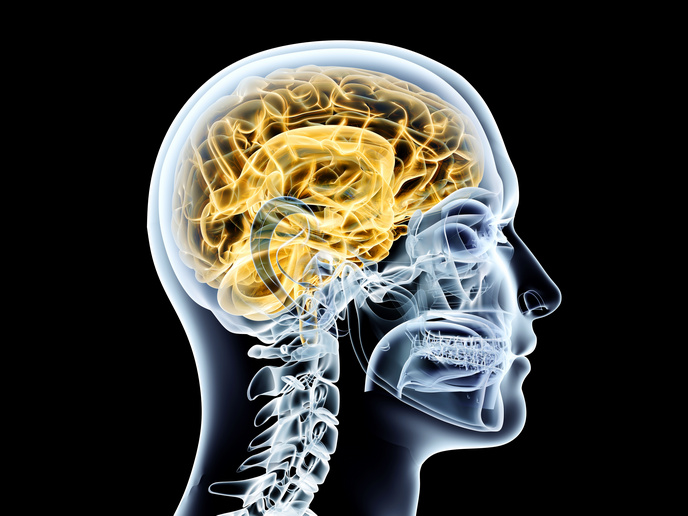Dissolvable beads help treat chronic knee pain
People with this progressive degenerative disease suffer chronic pain for an average of 28 years, have a reduced quality of life and have high levels of depression. The reduced mobility brought on by the affliction also leads to loss of work and far-reaching economic costs for individuals and society. “We were surprised to find that though knee osteoarthritis (KOA) effects over 327 million globally and has a societal cost of 1 % of gross national product(opens in new window) there are few other alternative treatment options for this degenerative disease under evaluation,” explains Shelly Moloney, head of research and development at CrannMed(opens in new window), and ADDEGE project researcher. Currently, the only treatment options available are ineffective, highly addictive opioids and drugs that cause serious health problems and can lead to death; or extremely painful, expensive major knee replacement surgery. The EU-funded ADDEGE project, led by the biomedical firm CrannMed, focused on the treatment of chronic pain and immobility due to KOA. The aim was to create a low cost, minimally invasive treatment option to treat all the symptoms of KOA while also slowing the progression of the disease.
Bioresorbable beads
The researchers have created bioresorbable embolic particles, beads that block excess blood vessels in the knee. The beads are then broken down naturally in the body. “Our particles will be completely reabsorbed within 2 to 3 days, which allows enough time to disrupt and stop the destructive cycle of KOA. It allows for retreatment if necessary, prevents issues of particle migration and stops permanent blockage of blood vessels,” Moloney explains. The system uses a balloon microcatheter(opens in new window) to deliver the beads and direct blood flow. CrannMed’s balloon microcatheter delivers the beads to shut down the excess blood vessels, a major symptom of KOA, which then stops the harmful degradation cycle of the disease. The treatment toolkit will be used by interventional radiologists(opens in new window), when they are carrying out geniculate artery embolisation. The procedure takes around 1.5 hours, meaning patients can leave hospital the same day, within a few hours of treatment. Geniculate artery embolisation(opens in new window) has shown better outcomes than current treatment options, as it avoids lifelong use of drugs, restores mobility, increases quality of life, stops chronic pain and is the only solution that slows down disease progression.
Spreading the benefit
The grant enabled ADDEGE to complete an in-depth market study of their innovative new treatment system. “We conclude that there is a viable market opportunity for CrannMed’s toolkit initially for geniculate artery embolisation which is a minimally invasive procedure for the treatment of chronic KOA. Prostatic artery embolisation(opens in new window), which is another minor procedure this time for treatment of enlarged prostates(opens in new window), could also benefit, along with treatment for a range of vascular tumours,” says Moloney. The team confirmed the interest of several medical experts who are keen to commence clinical trials using the product.
Further trials
The project will now move on to complete animal trials which will demonstrate the feasibility of the system. “The long-term steps will be the ability to commercialise the products. Route to market will be direct sales to clinicians who participate in clinical trials in the EU and US, followed by the introduction of speciality distributors to penetrate the market in Asia, the EU, Japan and the United States,” says Moloney.







